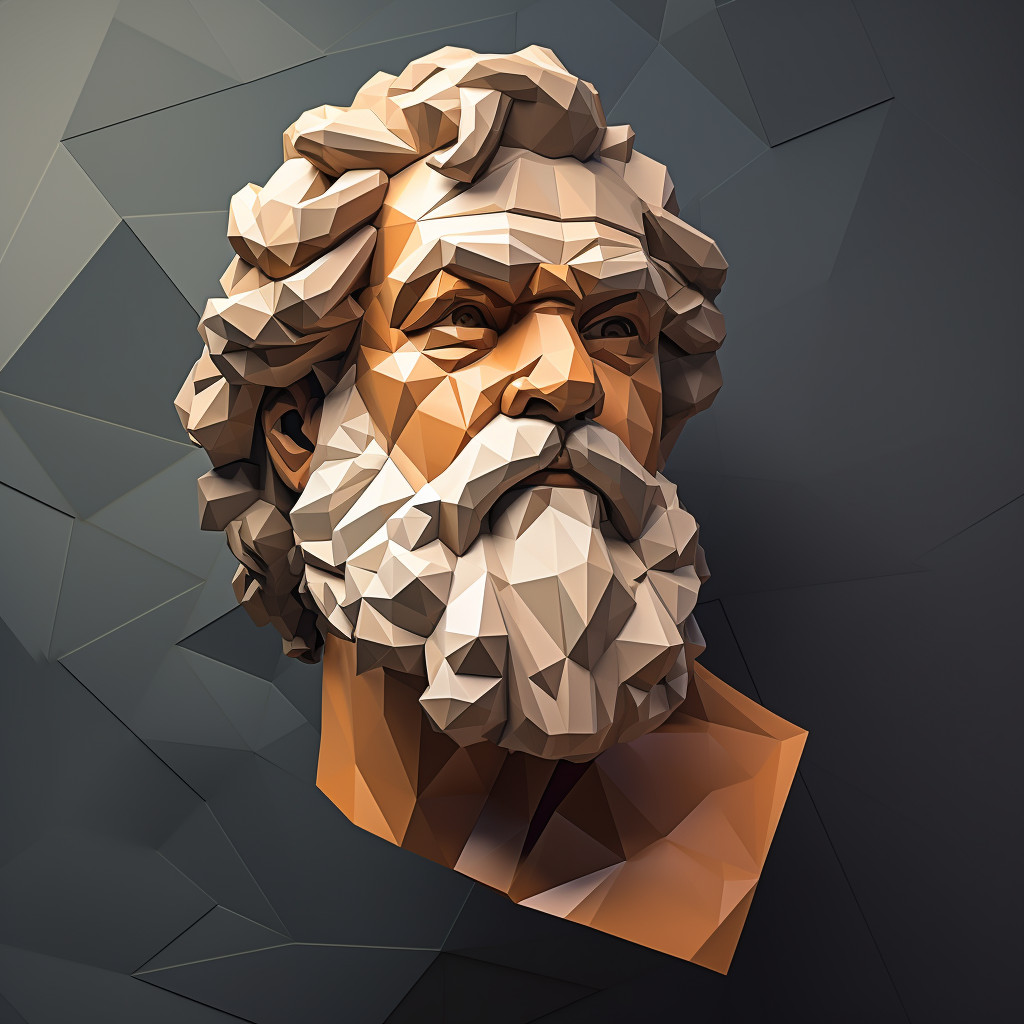Creation is man’s immortality and brings him nearest to the gods” is a profound reflection on the power and significance of creativity in human life. The quote suggests that through the act of creation, humans can achieve a form of immortality. This is because the things we create, whether they are works of art, scientific inventions, or even our children, can continue to exist and have an impact long after we are gone. In this sense, creation is a way for us to transcend the limitations of our mortal existence.
Furthermore, the quote implies that creation is not just a means to immortality, but also a way to connect with the divine. In many religious and spiritual traditions, gods are often portrayed as creators. By engaging in creative activities, humans are emulating these divine beings and thus, drawing themselves closer to them. It is through creation that we can get a glimpse of the divine and experience a sense of transcendence.
Applying this idea to today’s world, one could argue that our society greatly values and encourages creativity. From technological innovations to artistic expressions, creative endeavors are often celebrated and rewarded. They are seen as driving forces behind societal progress and human development. Moreover, in the realm of personal development, creativity is often viewed as a crucial skill. It allows individuals to think outside the box, solve problems in novel ways, and express themselves uniquely.
However, beyond these practical benefits, the act of creation can also be a deeply spiritual and meaningful experience. It can be a way for individuals to leave their mark on the world, to connect with something greater than themselves, and to find a sense of purpose and fulfillment. In this light, creativity is not just a tool for survival or success, but a fundamental aspect of our humanity and our quest for immortality and divinity.







